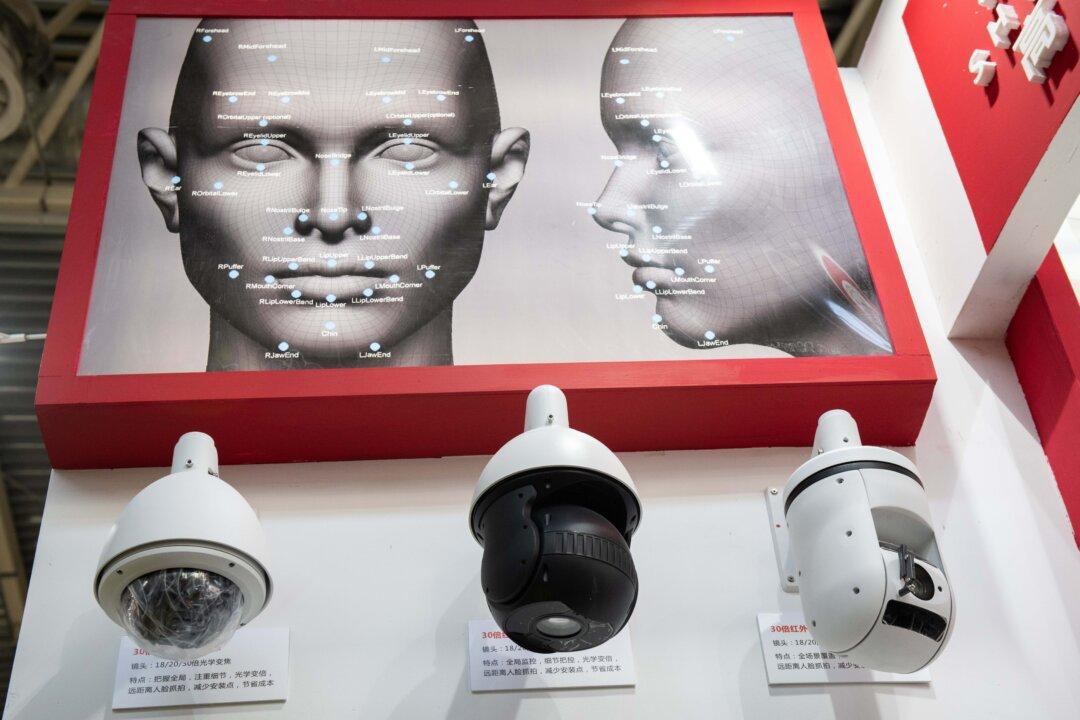Democratic nations around the world need to develop protocols or even outright bans on Chinese-developed AI products and software, according to an expert report assessing the risk around the rapidly developing technology.
The report, “De-Risking Authoritarian AI,“ from Simeon Gilding of the Australian Strategic Policy Institute (ASPI) warns of possible ”remote, large-scale foreign interference, espionage and sabotage through AI-enabled industrial and consumer goods and services.”




